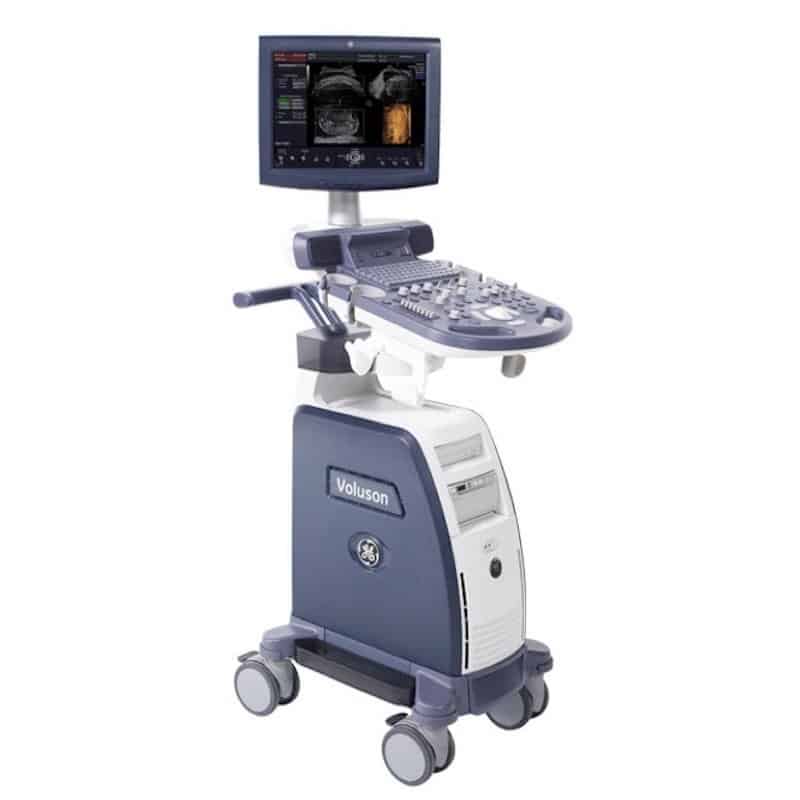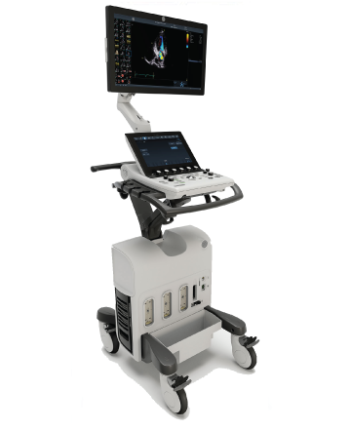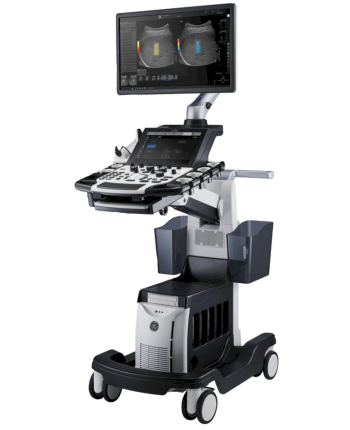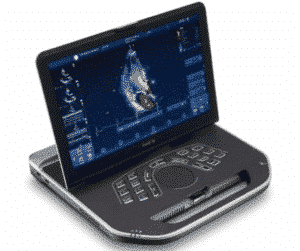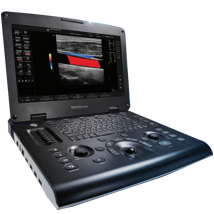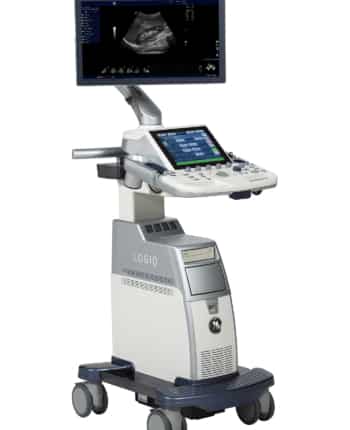GE Voluson P8
Call to configure, special pricing available 317-759-9210
The refurbished GE Voluson P8 is one of the most affordable late-model from GE’s lightweight 4D ultrasound line. As part of the P-series of ultrasound machines, the P8 was designed as a budget/entry-level equipped with premium 4D image made famous by the GE Voluson ultrasound series.
The used GE Voluson P8 is a great choice for women’s health applications looking for great 4D images with a limited budget.
The Voluson P8 comes with many of the advanced technologies of the S-series and E-series Voluson ultrasound machines, but excludes some of the higher-end features that are not as frequently used in more budget-challenged environments.
